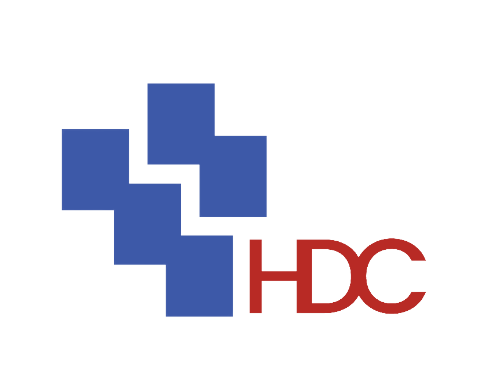Optimizing Your Tax Strategy in Nigeria: A Guide for Businesses and Individuals
Nigeria boasts a vibrant and ever-evolving economy, presenting vast opportunities for businesses and individuals alike. However, navigating the Nigerian tax landscape can be a complex undertaking. This guide explores strategies for optimizing your tax strategy in Nigeria, ensuring compliance while maximizing tax benefits and minimizing liabilities.
Understanding the Nigerian Tax System
The Nigerian tax system is a multi-tiered structure administered by the Federal Inland Revenue Service (FIRS) (https://www.firs.gov.ng/) alongside State Boards of Internal Revenue (SBIRs) and Local Government Authorities (LGAs). Understanding the different tax types applicable to your business or individual circumstances is crucial for effective tax planning.
- Company Income Tax (CIT): This is a federal tax levied on the profits of companies registered in Nigeria. The current CIT rate is 30%, although certain qualifying businesses may benefit from lower rates. (https://www.firs.gov.ng/)
- Personal Income Tax (PIT): This is a progressive tax levied on the income of individuals resident in Nigeria. Tax rates are tiered, with higher income earners paying a higher percentage of their income in tax. (https://www.firs.gov.ng/)
- Value Added Tax (VAT): VAT is a consumption tax levied on the supply of most goods and services within Nigeria. The standard VAT rate is 7.5%. (https://www.firs.gov.ng/value-added-tax-vat/)
- Capital Gains Tax (CGT): This tax applies to profits made from the disposal of capital assets such as property or shares. The CGT rate is 10% for individuals and companies. (https://www.firs.gov.ng/)
Key Strategies for Optimizing Your Tax Strategy in Nigeria
- Maintain Accurate Records: Keeping meticulous records of all income and expenses is paramount for tax compliance and optimization. Utilize proper accounting software or work with a qualified accountant to ensure accurate record-keeping practices.
- Understand Deductions and Allowances: The Nigerian tax system offers various deductions and allowances that can significantly reduce your taxable income. These may include business expenses, capital allowances for depreciation of assets, and personal allowances for individuals. Familiarize yourself with the full range of allowable deductions and ensure you claim all applicable ones. (https://www.firs.gov.ng/)
- Explore Tax-Exempt Investments: Nigeria offers tax incentives for investments in specific sectors or instruments. Consider investing in government bonds, real estate investment trusts (REITs), or agricultural projects that may qualify for tax exemptions or reduced tax rates. Explore the FIRS website for a comprehensive list of tax-exempt investment options. (https://www.firs.gov.ng/)
- Utilize Capital Allowances: Capital allowances provide tax relief for businesses on the purchase of qualifying assets like machinery, equipment, and buildings. These allowances are spread over the asset’s lifespan, effectively reducing taxable profits over time. Understanding and claiming applicable capital allowances can significantly optimize your tax strategy. (https://www.firs.gov.ng/)
- Leverage Tax Credits: The Nigerian tax system offers tax credits for specific activities or investments. For example, tax credits may be available for research and development expenditures or investments in renewable energy projects. Review the FIRS website and consult with a tax professional to identify any applicable tax credits that could further reduce your tax liability.
- Stay Informed on Tax Updates: The Nigerian tax code undergoes periodic changes and amendments. Staying informed about these updates is crucial for maintaining tax compliance and potentially benefiting from new tax breaks or incentives. Regularly review the FIRS website, subscribe to tax newsletters, or consult with a tax professional to stay updated on the latest tax regulations.
- Consider Tax Planning Strategies: Tax planning involves proactively structuring your business and financial affairs to minimize your tax burden while remaining compliant. This could involve strategies such as structuring your business as a limited liability company (LLC) to take advantage of specific tax benefits or timing the sale of assets to minimize capital gains tax. Consulting with a qualified tax advisor can help you develop a personalized tax planning strategy tailored to your specific circumstances.
- File Your Tax Returns on Time: Timely filing of tax returns is crucial for avoiding penalties and interest charges. The FIRS website provides information on filing deadlines and various e-filing options to streamline the tax filing process. (https://www.firs.gov.ng/)
HD Consulting: Your Partner in Optimizing Your Nigerian Tax Strategy
HD Consulting offers a comprehensive suite of tax.
